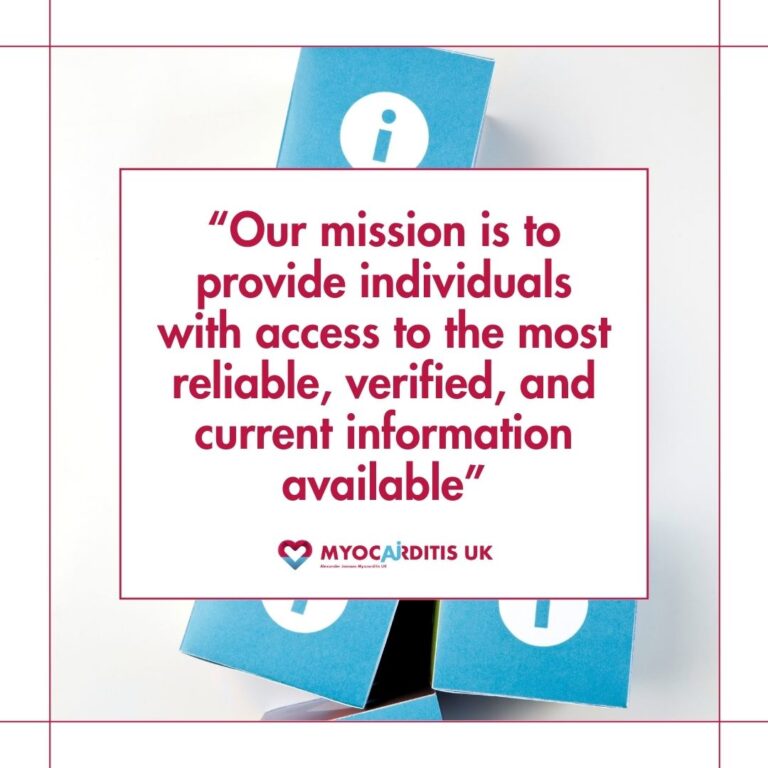FingeFest ’25
We had a great day at The Chequers Pub, Fingest, on Sunday 25th June at their third annual Finge Fest! The day featured a fantastic
Football 2025
What a season for the AJ Victoria Football team! The team, started in 2014, in memory of Alexander Jansons, have been playing competitively for the

Bucks and Berks Businesses to Battle it out in Boats
Local businesses prepare for 10th Annual Jansons Rowing Cup

Charity Statement
In response to recent online comments regarding Myocarditis UK and our position on Covid vaccines, particularly concerning children and young adults, we wish to make

2024 Berkshire Property Awards
We are honoured to be nominated as the official charity partner for this year’s 2024 Berkshire Property Awards.


Myocarditis and Heart Health Survey
Living with Myocarditis? Want to be heard? we would love to hear from you

Save the Date
That’s right… it’s almost time to start thinking of all things Christmas and I know some of you are groaning into your still summer tanned hands but please save the date.

National Myocarditis Day 2024
On 17 August we celebrated not only Alexander Jansons birthday, but the first ever National Myocarditis Day. See how we did…



